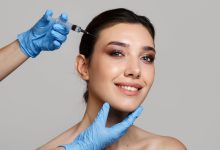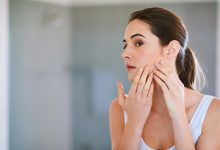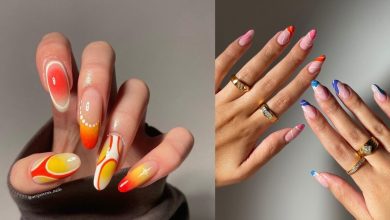Argan Oil Can Bring Dull Hair Back to Life (Plus Prevent Damage and Split Ends)
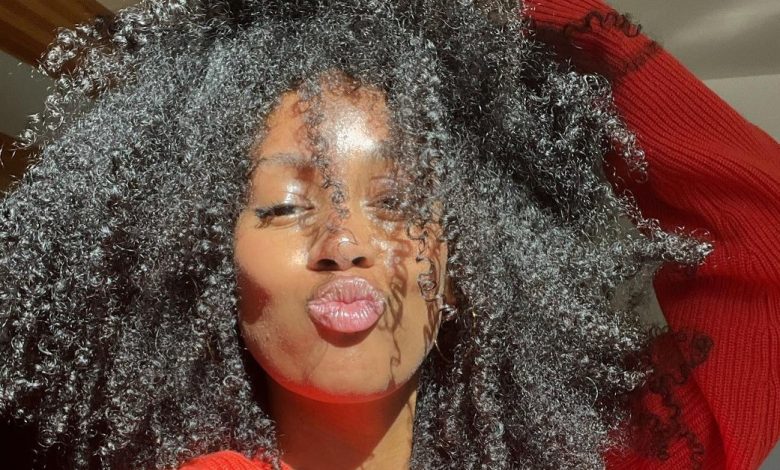
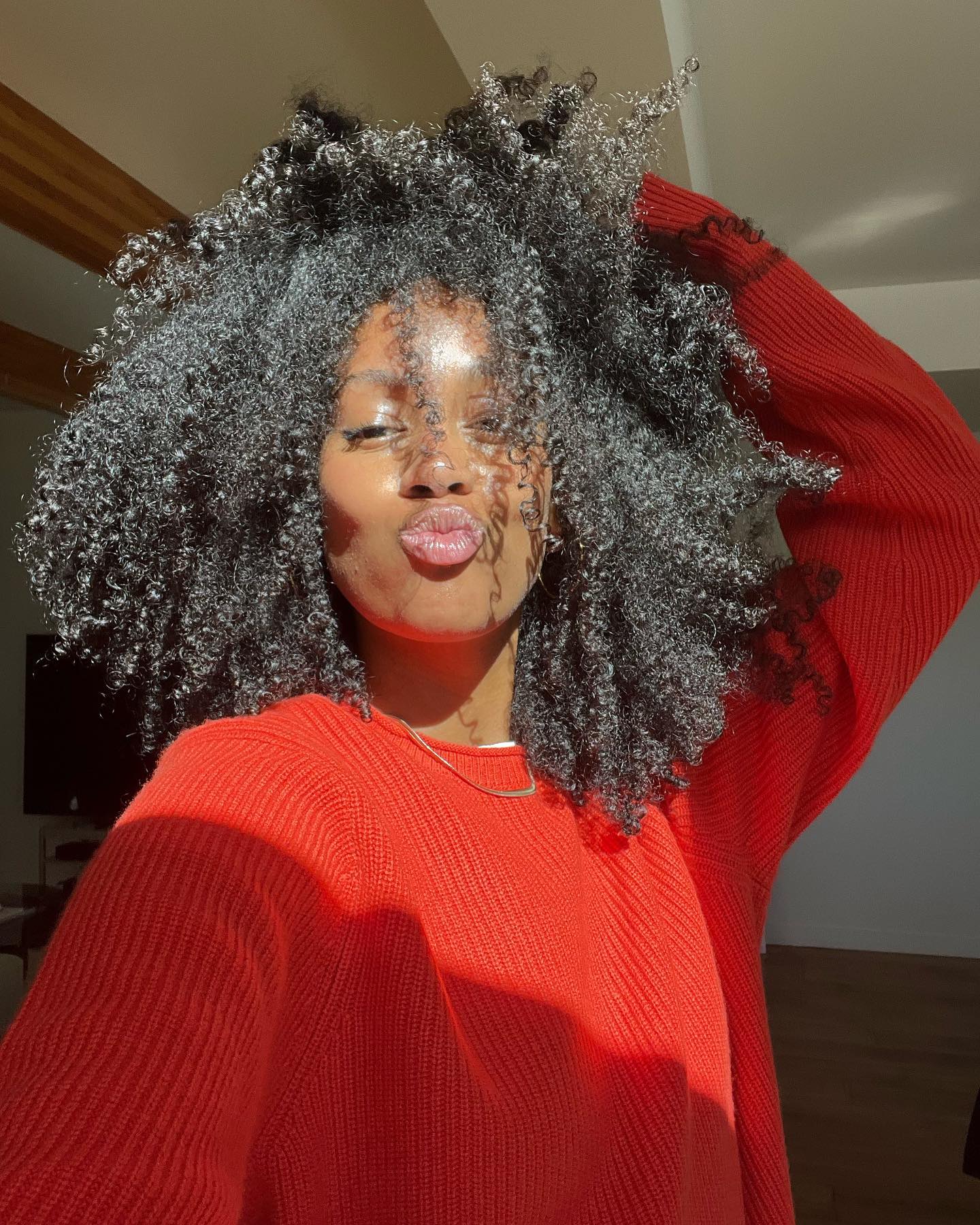
If you want strong, healthy, damage-free hair, there’s no doubt that you’ve heard of argan oil. Derived from the argan tree, this oil is thought to be liquid gold for hair health. Many stylists tout argan oil as their secret weapon, and some celebrities who have great hair count it as one of their favorite ingredients. (Think Jennifer Aniston, Olivia Rodrigo, and more.)
“Argan oil is an age-old beauty secret that is harvested from argan trees grown in the semi-desert areas of the Mediterranean,” says Moroccanoil hairstylist ambassador Tatiana Dudley. “The oil has many uses, including skincare, but is especially known for its ability to hydrate and soften hair.” Argan oil has become a bit of a buzzword for hydrating hair products, so I talked to the pros to get the lowdown on everything you need to know about argan oil for hair.
What is argan oil?
With so many oils available on the market, you may be asking yourself what argan oil is to begin with. In short, argan oil is naturally occurring and is extracted from the kernels of argan trees. The oil is packed with fatty acids, antioxidants, and vitamin E; all of which hydrate and protect skin and hair.
Cold-pressed, cosmetic-grade argan oil is the way to go, and it typically appears to have a yellow-ish hue and nutty scent. That said, you’ll want to avoid any that are overly pale, heavily fragranced, or watery in texture because they may be diluted or overly processed, says board-certified dermatologist Tia Paul, MD.
How does argan oil benefit hair?
Argan oil is so good for your skin and hair thanks to how rich it is in essential nutrients that are vital to hair health. “With its high content of antioxidants, essential fatty acids, and vitamin E, argan oil offers a natural boost to the hair’s elasticity and consistently restores shine to strands,” says Dudley. “In addition, it assists in protecting the strands from oxidative damage and breakage that can occur during heat styling and the coloring process.”
Paul adds that the vitamin E in argan oil can also protect hair from free radical damage caused by UV rays and pollution. It can even prevent split ends, tame frizz, and improve overall manageability.
Is argan oil good for all hair types?
Almost all hair types can benefit from argan oil. The main goal is to be mindful of how you may need to use it. “Straight and wavy hair types may want to do lighter applications or use products with argan oil as one of several ingredients to avoid weighing hair down,” explains Paul. “Curly and coily textures, which tend to be drier and more prone to breakage, can use more generous amounts to nourish and define curls.” Additionally, argan oil is an excellent option for those with damaged or color-treated hair due to its reparative and protective qualities.
What’s the best way to use argan oil?
Dudley says argan oil is a great finishing step if you want to add shine to hair. The great thing about argan oil, however, is how versatile it is. You can use argan oil as a finisher, a styling product, a leave-in conditioner, and even a deep treatment.
For daily use, apply one to two drops on dry or damp hair with a focus on the mid-lengths and ends. If you plan on using it as a treatment, Paul suggests applying a generous amount of pure argan oil from roots to ends on damp, clean hair. From there, massage it into the scalp (especially if you’re focused on improving dryness or flaking), and leave your hair in a shower cap for 30 minutes. Lastly, rinse the oil out and shampoo your hair until all excess oil is removed.
Is argan oil good for hair growth?
While argan oil has many benefits, it’s not directly linked to stimulating hair growth like some other medical treatments are. Instead, it “creates a healthier scalp environment and reduces breakage, which can support longer, stronger hair over time,” says Paul. “Its anti-inflammatory properties can soothe the scalp, and its antioxidant and moisturizing benefits help reduce shedding caused by dryness or environmental damage.”
Who should not use argan oil?
Argan oil is generally well-tolerated. However, Paul warns that anyone with a nut allergy should be extra cautious considering argan oil comes from the nut of argan trees. She also encourages doing a patch test. This can be done by applying a small amount of product to the inside of your arm and waiting up to 24 hours for a reaction. Finally, Paul notes that those with very fine or oily hair may find argan oil too heavy for daily use. In this case, it’s best to stick to lightweight options instead.
This story was published at an earlier date and has since been updated.
Source: WhoWhatWear
HiCelebNews online magazine publishes interesting content every day in the Style section of the Fashion & Beauty category. Follow us to read the latest news.
Related Posts
- DIY shea butter shower scrub to nourish your skin in one step |
- Try these simple home remedies to keep greasy hair at bay during the summer
- Learn about these 5 most popular types of hair combs and their respective uses
- The 2025 Dress Trend I'm Copying From the Olsen Twins to Look Wealthy This Summer
- From Sweatpants to Office Sirens, What Does "Professional" Even Mean to Gen Z?

